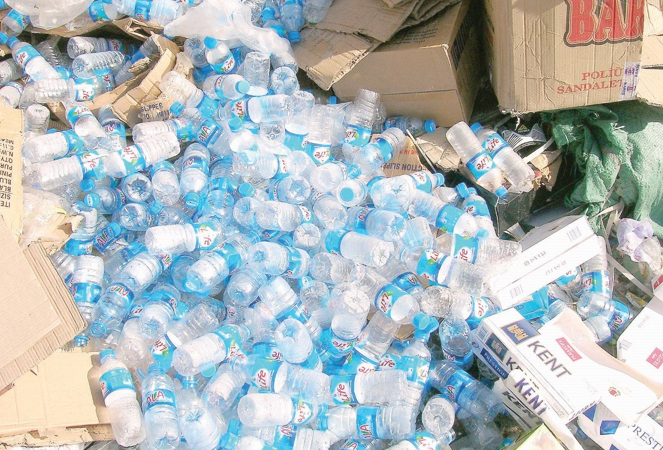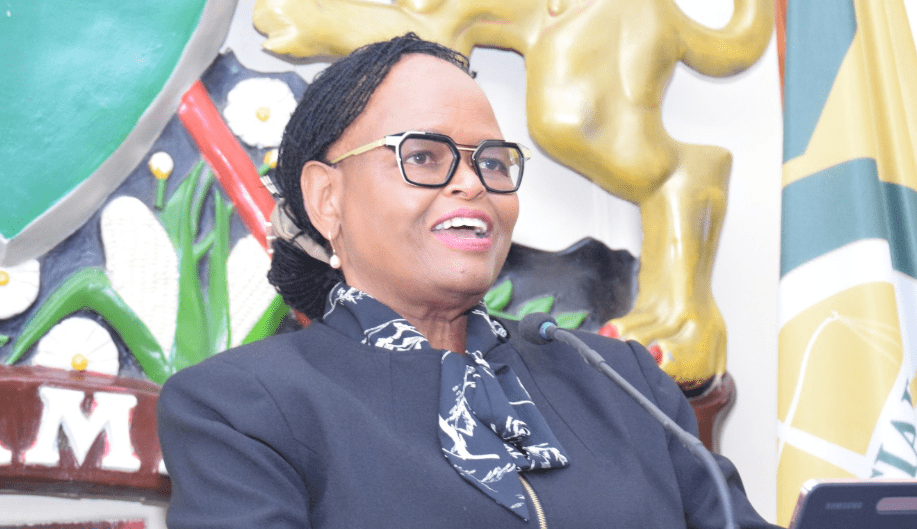Most citizens advocate total plastic ban, survey finds ahead of summit

Approximately 85 percent of people worldwide are advocating for a global ban on single-use plastics according to the latest Ipsos survey commissioned by WWF and the Plastic Free Foundation.
These results come ahead of the fourth and penultimate plastic pollution treaty negotiations, taking place in Ottawa, Canada from 23-29 April.
“The latest Ipsos poll on what should be in a soon-to-be concluded global plastic pollution treaty shows unequivocal public support for banning harmful and unnecessary plastic products worldwide, with as high as 85 percent calling for a ban on single-use plastics and 90 percent for a ban on hazardous chemicals used in plastics,” said Eirik Lindebjerg, Global Plastics Lead, WWF International.
Other highly-favoured bans include plastic products that cannot be easily and safely recycled in the countries where they are used (87 per cent). In addition, the results reveal widespread understanding that bans alone are not enough to end the pollution crisis.
Global plastic pollution
Citizens polled worldwide also strongly support redesigning the current plastics system to ensure remaining plastics can be safely reused and recycled. In particular, measures such as mandating manufacturers invest in and provide reuse and refill systems polled 87 per cent support while 72 per cent support ensuring all countries have access to funding, technology and resources to enable a just transition.
“These measures provide a clear pathway for reducing global plastic production, an outcome 87 per cent of those polled worldwide in this study would like to see the global plastic pollution treaty achieve.
With very limited time left for negotiators to conclude a meaningful agreement ( treaty negotiations are expected to close by the end of this year) countries must take immediate action to move the process forward decisively.
According to Lindebjerg few ordinary citizens are involved in the negotiations for a global plastic pollution treaty despite living on the frontlines of the crisis.
Yet the survey shows citizens have a high level of awareness, concern and engagement on what is needed to end plastic pollution, and are rejecting the toxic and unjust plastics ecosystem that’s been imposed on them through lax laws and profit-oriented businesses.
“Right now, we are at a crossroads. The upcoming negotiations in Ottawa will determine whether we get the treaty that was promised by the end of 2024, or not. We know from other environmental treaties that nothing less than binding global rules and obligations across the plastics value chain will halt the problem. Settling for anything less is indefensible.
An overwhelming majority of countries have already called for the binding global rules needed .Our leaders must now turn these calls into action.”
Results of the survey, which is Ipsos’s third round of public opinion polling on international action to address plastic pollution, reinforce and build upon the results of previous rounds of polling in particular, they paint a consistent and compelling picture of citizens across the world united and unwavering in wanting their governments to abide by rules that are binding and applicable to all parties signed to the global plastic pollution treaty.








